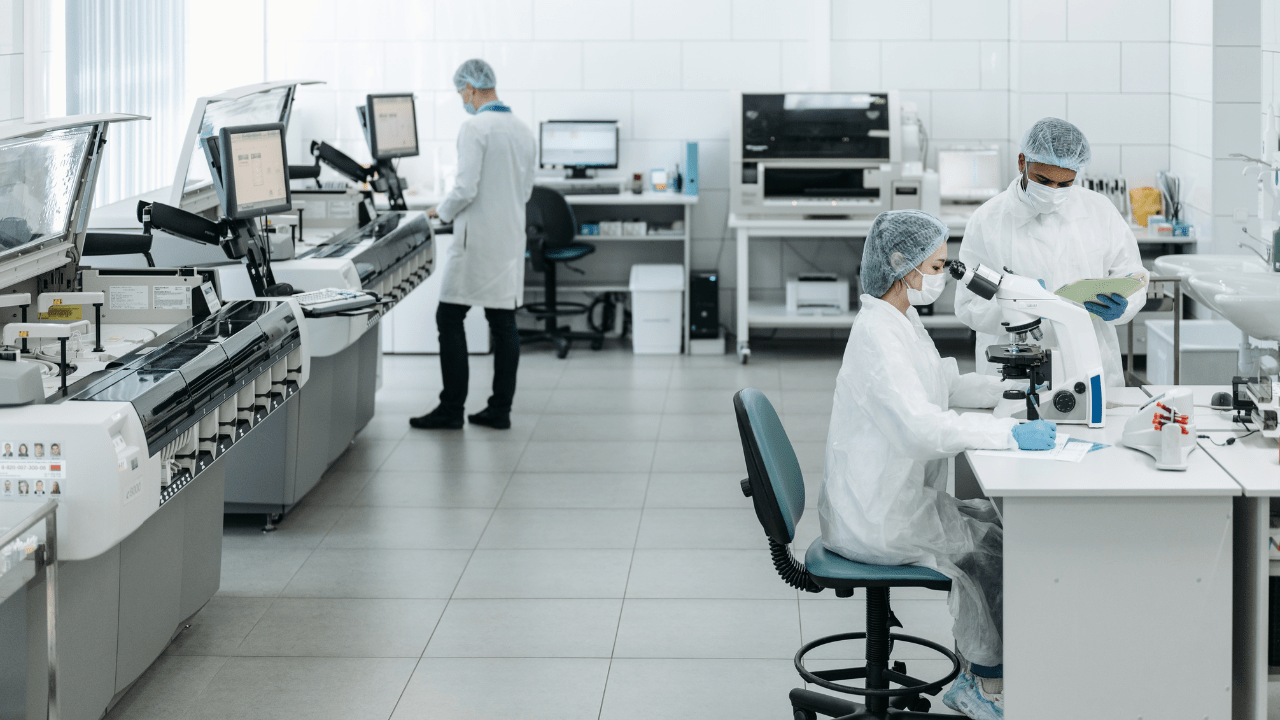Address: 119 Bd de la Résistance, Casablanca 20000
Opening hours :Mon - Fri: 9am-12.30pm and 2pm-6pm Sat: 9am-12pm
Address: 119 Bd de la Résistance, Casablanca 20000
Opening hours :Mon - Fri: 9am-12.30pm and 2pm-6pm Sat: 9am-12pm

Launching a Pharmaceutical Quality Control Laboratory in Morocco involves regulatory compliance, infrastructure investment, and strong technical know-how. To start, you must first register with Moroccan health authorities, obtain the necessary accreditations, secure GMP-compliant facilities, and hire qualified professionals.
This guide walks you step-by-step through everything you need to know — from legal requirements to operational tips — for opening a successful pharma QC lab in Morocco.
Morocco’s booming pharmaceutical sector, its ambition to become a healthcare manufacturing hub, and alignment with international quality standards make it a ripe market for QC labs. Local and foreign pharma companies must test their products for purity, safety, and efficacy, which means there’s rising demand for independent, certified labs.
You must comply with Morocco’s Ministry of Health and Agence Nationale de Sécurité du Médicament et des Produits de Santé (ANSMAPS) regulations.
Locate your lab near pharmaceutical manufacturing hubs like:
Proximity to clients reduces logistics costs and speeds up sample turnover.
Your lab infrastructure must follow international standards:
Use ISO 17025 as a benchmark for lab competence and quality management.
Key pharmaceutical testing equipment includes:
Work with reputable suppliers (e.g., Agilent, Shimadzu, Thermo Fisher) with local service support.
You need skilled experts such as:
Provide ongoing training in ICH guidelines, WHO protocols, and data integrity best practices.
Implement a QMS to handle:
A strong QMS ensures compliance, efficiency, and client trust.
Before launching, secure:
This boosts credibility and widens your market.
Not necessarily, but local partnerships help navigate bureaucracy and establish trust.
Yes. Through Moroccan Investment and Export Development Agency (AMDIE) and Moroccan Industrial Acceleration Plan, there are tax incentives, land grants, and export credits.
While not legally required, ISO 17025 accreditation is critical for credibility and market access.
Launching a pharmaceutical quality control laboratory in Morocco is a strategic investment with high demand and long-term growth potential. By aligning with local and international quality standards, focusing on accreditation, and building strong industry connections, you can position your lab as a trusted analytical partner in Morocco’s rapidly expanding pharmaceutical ecosystem.
Whether you’re an investor, pharmaceutical manufacturer, or international stakeholder, launching a world-class quality control lab in Morocco starts with the right guidance.